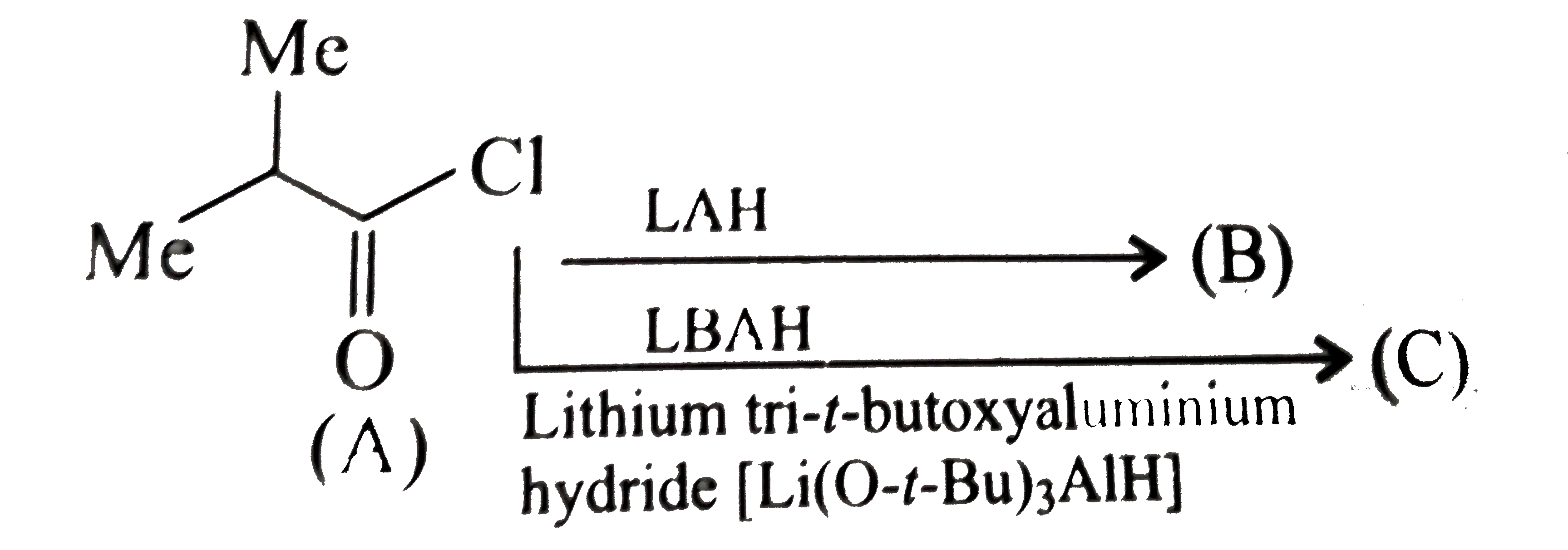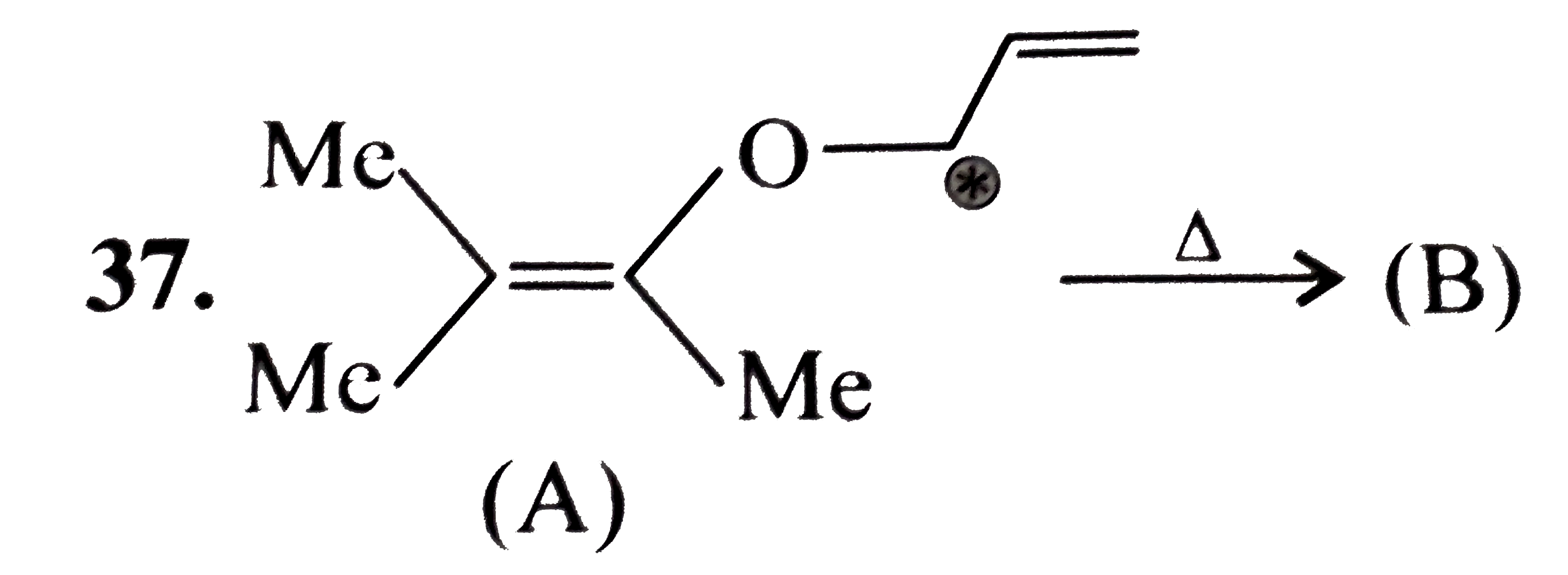Which of the following statement is not correct about an inert electrode in a cell?
(a) It does not participate in the cell reaction.
(b) It provides surface either for oxidation or for reduction reaction.
(c) It provides surface for conduction of electrons.
(d) It provides surface for redox reaction.
It does n ot participate in the cell reaction
It provides surface either for oxidation or for reduction reaction
It provides surface for conduction of electrons
It provides surface for redox reaction.
To determine which statement is not correct about an inert electrode in a cell, let's analyze each option step by step.
Step 1: Analyze Statement (a)
Statement (a): It does not participate in the cell reaction.
- Inert electrodes, such as platinum or graphite, do not undergo any chemical change during the electrochemical reaction. They serve as a platform for the reaction but do not themselves participate in it.
- Conclusion: This statement is correct.
Step 2: Analyze Statement (b)
Statement (b): It provides surface either for oxidation or for reduction reaction.
- Inert electrodes provide a surface where either oxidation or reduction can occur, depending on the half-reaction taking place. They facilitate the transfer of electrons but do not participate in the reaction themselves.
- Conclusion: This statement is correct.
Step 3: Analyze Statement (c)
Statement (c): It provides surface for conduction of electrons.
- Inert electrodes are conductive materials that allow the flow of electrons. This is essential for the electrochemical processes occurring in the cell.
- Conclusion: This statement is correct.
Step 4: Analyze Statement (d)
Statement (d): It provides surface for redox reaction.
- A redox reaction involves both oxidation and reduction occurring simultaneously. However, an inert electrode does not facilitate both processes at the same time; it only provides a surface for either oxidation or reduction, not both.
- Conclusion: This statement is not correct.
Final Answer
The statement that is not correct about an inert electrode in a cell is:
(d) It provides surface for redox reaction.
Statement (a): It does not participate in the cell reaction.
- Inert electrodes, such as platinum or graphite, do not undergo any chemical change during the electrochemical reaction. They serve as a platform for the reaction but do not themselves participate in it.
- Conclusion: This statement is correct.
Statement (b): It provides surface either for oxidation or for reduction reaction.
- Inert electrodes provide a surface where either oxidation or reduction can occur, depending on the half-reaction taking place. They facilitate the transfer of electrons but do not participate in the reaction themselves.
- Conclusion: This statement is correct.
Statement (c): It provides surface for conduction of electrons.
- Inert electrodes are conductive materials that allow the flow of electrons. This is essential for the electrochemical processes occurring in the cell.
- Conclusion: This statement is correct.
Statement (d): It provides surface for redox reaction.
- A redox reaction involves both oxidation and reduction occurring simultaneously. However, an inert electrode does not facilitate both processes at the same time; it only provides a surface for either oxidation or reduction, not both.
- Conclusion: This statement is not correct.
The statement that is not correct about an inert electrode in a cell is:
(d) It provides surface for redox reaction.
Topper's Solved these Questions
- D AND F-BLOCK ELEMENTSBOOK - NCERT EXEMPLAR ENGLISHCHAPTER - D AND F-BLOCK ELEMENTSEXERCISE - Short Answer Type Question
20 Videos
- GENERAL PRINCIPLE AND PROCESSES OF ISOLATION OF ELEMENTS BOOK - NCERT EXEMPLAR ENGLISHCHAPTER - GENERAL PRINCIPLE AND PROCESSES OF ISOLATION OF ELEMENTS EXERCISE - Long Answer Type Questions
1 Video
Similar Questions
Knowledge Check
Which of the following statements is not correct about order of a reaction ?
AThe order of a reaction can be a fractional number.BOrder of a reaction is experimentally determined quantityCOrder of a reaction is always equal to the sum of the stoichiometric coefficients of reactants in the balanced chemical equation for a reaction.DThe order of a reaction is the sum of the powers of molar concentration of the reactants in the rate law expression.Which of the following statements is not correct about order of a reaction ?
AThe order of a reaction can be a fractional number.BOrder of a reaction is experimentally determined quantityCOrder of a reaction is always equal to the sum of the stoichiometric coefficients of reactants in the balanced chemical equation for a reaction.DThe order of a reaction is the sum of the powers of molar concentration of the reactants in the rate law expression.Which of the following statements is not correct about order of a reaction ?
AThe order of a reaction can be a fractional number.BOrder of a reaction is experimentally determined quantityCOrder of a reaction is always equal to the sum of the stoichiometric coefficients of reactants in the balanced chemical equation for a reaction.DThe order of a reaction is the sum of the powers of molar concentration of the reactants in the rate law expression.
Which of the following statements is correct about the following reactions ?
 .
.
View SolutionWhich of the following statements are correct about the following reaction ?

View Solution
Which of the following statements are correct about the above reaction ?
View SolutionWhich of the following statements are correct about Friedel-Crafts reaction?
View SolutionWhich of the following statement is not correct about order of a reaction ?
View Solution
